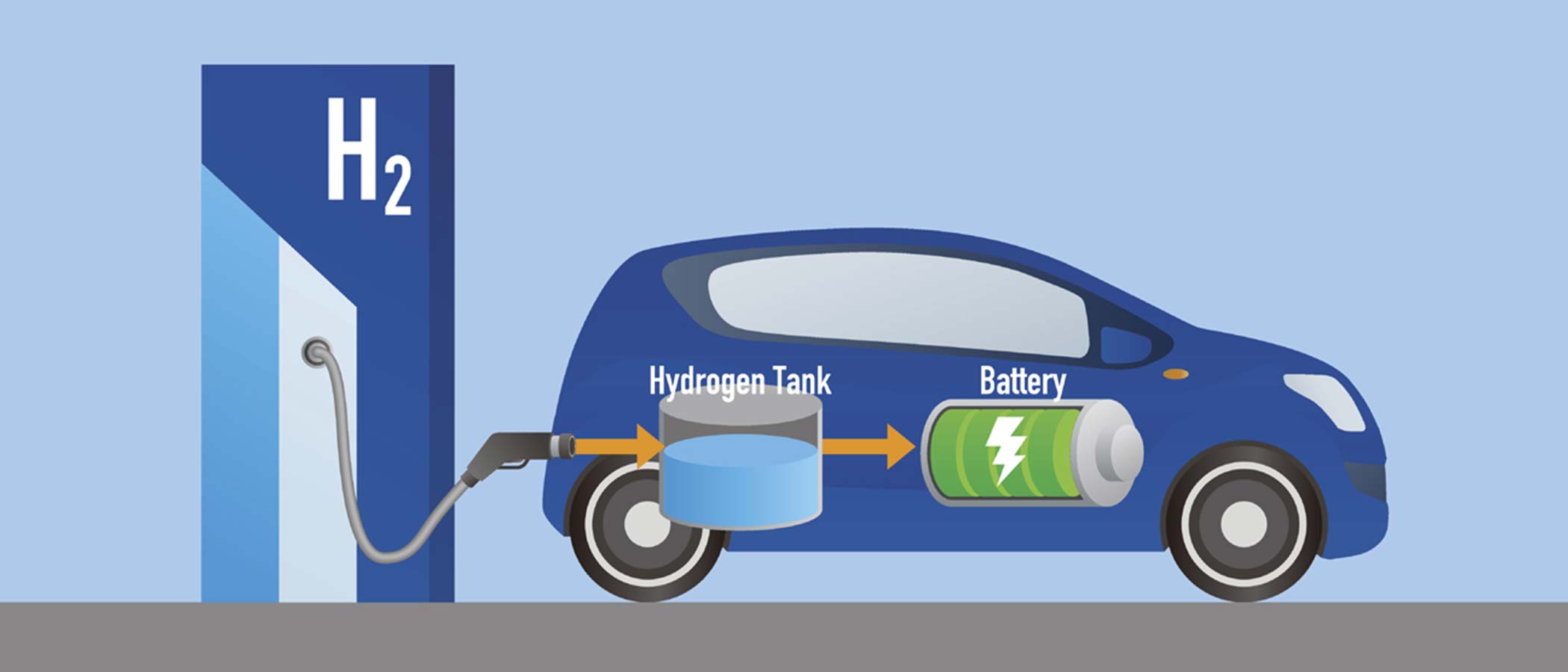What’s the best fuel for your car?
Historically most cars have run on gasoline but that doesn't have to be the case in the future other liquid fuels and electricity can also power cars so what are the differences between these options and which ones best.
gasoline is refined from crude oil a fossil fuel extracted from deep underground the energy and gasoline come from a class of molecules called hydrocarbons there are hundreds of different hydrocarbons in crude oil and different ones used to make gasoline and diesel which is why you can't use them to change things.
Fuels derived from crude oil are extremely energy-dense, bringing a lot of bang for your buck. Unfortunately, they have many drawbacks. Oil spills cause environmental damage and cost billions of dollars to clean up air pollution from burning fossil fuels like these kill 4.5 million people each year. And transportation accounts for 16% of global greenhouse gas emissions, almost half of which comes from passenger cars burning fossil fuels. These emissions warm the planet and make weather more extreme in the US alone, storms caused by climate change caused $500 billion of damage in the last five years. so while gas is sufficient something so destructive can't be the best fuel the most common alternative is electricity.
electric cars use a battery pack and electric motor instead of the internal combustion engine found in gas-powered cars and must be charged at charging stations with the right power infrastructure they can be as efficient as gas-powered cars if powered by electricity generated. Without fossil fuels, they can avoid greenhouse gas.
They're more expensive than guessed how it caused, but the cost difference has been shrinking rapidly since 2010. The other alternatives to gasoline or other liquid fuels. Many of these can be shared and stored using the same infrastructure as gasoline and used in the same cars. They can also be carbon neutral if they're made using carbon dioxide from the atmosphere. Meeting when we burn them, we released that same carbon dioxide back into the air and don't add to overall emissions.
One approach to carbon-neutral fuel is to capture carbon dioxide from the atmosphere that combines its carbon with the hydrogen in water. This creates hydrocarbons, the source of energy, and fossil fuels. But without any emissions, if the fuels are made using clean electricity, these fuels take up more space than an energetically equivalent amount of gasoline. An obstacle to using them in cars and other approaches to make carbon-neutral fuels from plants which sequester carbon from the air through photosynthesis. But growing the plants also has to be carbon neutral, which rules out many crops that require fertilizer.
A big contributor to greenhouse gas emissions. So the next generation of these fuels must be made from either plant waste or plants that don't require fertilizer to grow. Biofuels can be about as efficient as gasoline, though not for fuel to be the best option,
people have been able to afford it. Unfortunately, the high upfront costs of implementing new technologies and heavy subsidies for the producers of fossil fuels mean that almost every green technology is more expensive. And it's a fossil fuel-based cousin. This cost difference is known as a green premium.
Governments have already started subsidizing electric vehicles to help make up the difference in some places, depending on the costs of electricity and gas, electric cars can already be cheaper overall, despite the higher cost of the car. the other alternatives are trickier for now zero-carbon liquid fuels can be doubled the price of gasoline or more innovators are doing everything they can to bring green premiums down because, in the end, the best fuel will be both affordable for consumers and sustainable for our planet

Comments
Post a Comment